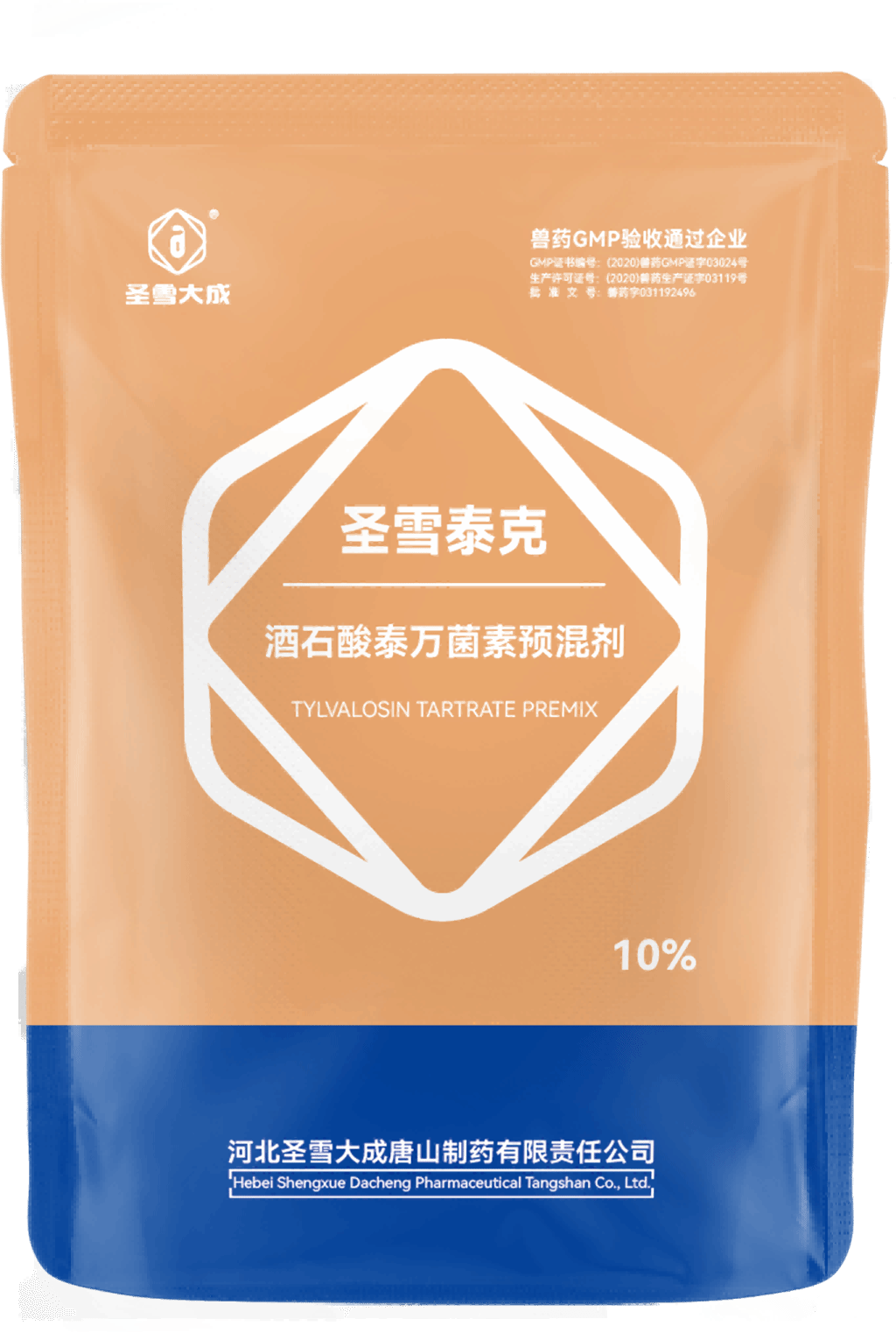Tel:+8618231198596

News
 CONTACT
CONTACT
 CONTACT
CONTACT
- Linkman:Linda Yao
- Tel: +8618231198596
- Email:linda.yao@dcpharma.cn
- Linkman:CHARLES.WANG
- Department:Overseas
- Tel: 0086 0311-85537378 0086 0311-85539701
News
Current Position:
Home >
News
>Livestock producers favor tylvalosin tartrate premix for its efficiency.
Livestock producers favor tylvalosin tartrate premix for its efficiency.
TIME:2024-07-08
Benefits of Tylvalosin Tartrate Premix
Effective Treatment of Respiratory Diseases: Respiratory diseases are a common concern in livestock farming, especially in densely populated environments such as feedlots and intensive housing systems. Tylvalosin tartrate effectively targets pathogens causing respiratory infections, thereby reducing morbidity and mortality rates among animals.
Improved Feed Efficiency: Studies have shown that tylvalosin tartrate can contribute to improved feed efficiency in livestock. By promoting healthier animals with better respiratory function, the premix supports optimal nutrient utilization from feed, leading to improved growth rates and overall productivity.
Convenient Administration: Tylvalosin tartrate is typically administered as a premix in animal feed, which simplifies its application for livestock producers. This method ensures that animals receive a consistent dosage of the antibiotic, minimizing variability in treatment efficacy.
Reduction in Disease Spread: Controlling respiratory diseases not only benefits individual animals but also helps in preventing the spread of infections within the herd or flock. This proactive approach can contribute to a more sustainable and economically viable livestock operation.
Applications in Livestock Production
The application of tylvalosin tartrate premix extends across various sectors of livestock production:
Poultry Farming: In poultry farming, respiratory diseases such as chronic respiratory disease (CRD) and infectious sinusitis can significantly impact flock health and productivity. Tylvalosin tartrate premix is effective against Mycoplasma gallisepticum and Mycoplasma synoviae, common pathogens causing respiratory issues in poultry.
Swine Production: Swine respiratory diseases, particularly caused by Mycoplasma hyopneumoniae, are a major concern in pig farming. Tylvalosin tartrate has shown efficacy in reducing lung lesions associated with these infections, thereby improving pig performance and reducing treatment costs.
Cattle Feedlots: In feedlot settings, where cattle are housed in high densities, respiratory diseases like bovine respiratory disease complex (BRDC) can spread rapidly. Tylvalosin tartrate premix helps mitigate the impact of BRDC, supporting cattle health and growth during the critical finishing phase.
Considerations for Use
While tylvalosin tartrate premix offers significant benefits, its use should be accompanied by careful considerations:
Antibiotic Resistance: Like all antibiotics, there is a risk of developing resistance when tylvalosin tartrate is used extensively. Livestock producers must follow recommended dosage protocols and practice responsible use to minimize this risk.
Regulatory Compliance: Different countries have regulations governing the use of antibiotics in livestock production. Producers should ensure compliance with local regulations and guidelines when incorporating tylvalosin tartrate into their management practices.
Withdrawal Periods: Depending on the jurisdiction and intended market, there may be mandatory withdrawal periods for animals treated with tylvalosin tartrate. These periods ensure that residues are sufficiently cleared from animal tissues before slaughter to meet food safety standards.
Conclusion
Tylvalosin tartrate premix represents a valuable tool for livestock producers seeking to enhance animal health and performance, particularly in the management of respiratory diseases. Its broad spectrum of activity, convenience of administration, and potential for improving feed efficiency make it a preferred choice in various sectors of livestock production. However, responsible use practices, including adherence to dosage guidelines and regulatory requirements, are essential to maximize its benefits while minimizing risks. As the livestock industry continues to evolve, tylvalosin tartrate premix remains a pivotal component in promoting sustainable and productive animal farming practices worldwide.
- Tel:+8618231198596
- Whatsapp:18231198596
- Chat With Skype







